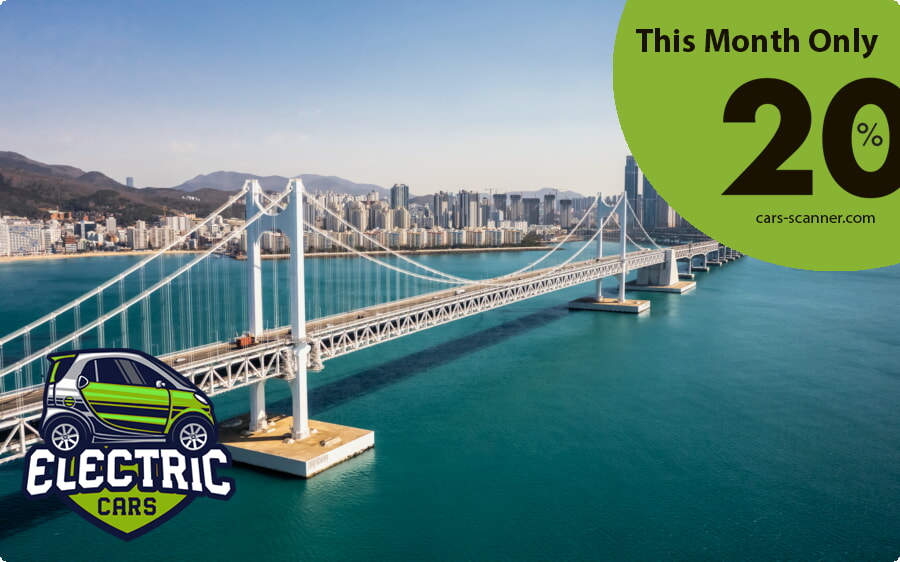Frequently Asked Questions | FAQ's
1. What do I need to rent a car in Busan?
Answer: To rent a car in Busan, generally, you will need a valid driver's license, an International Driving Permit (IDP) if your license is not in English, a credit card in the driver's name for the security deposit, and sometimes proof of travel insurance. Age requirements may vary by rental company, but usually, renters must be at least 21 years old.
2. Can I rent a car directly at Gimhae International Airport?
Answer: Yes, several car rental companies operate at Gimhae International Airport, offering convenient car rentals right after you land. It's often recommended to book your vehicle in advance to ensure availability and potentially better rates.
3. Is it necessary to have an International Driving Permit (IDP) to drive in Busan?
Answer: Yes, if your driver's license is not written in English or does not have a photo, you will need an International Driving Permit alongside your national driver's license to legally rent and drive a car in Busan.
4. Are there any specific driving rules in Busan that I should be aware of?
Answer: In Busan and throughout South Korea, you must drive on the right-hand side of the road. It is also important to abide by the local speed limits, which are usually 60 km/h in cities, 80-100 km/h on open roads, and 100-120 km/h on expressways. Additionally, the use of mobile phones while driving is strictly prohibited unless you have a hands-free system.
5. Can I rent a car in Busan without a credit card?
Answer: While most car rental companies in Busan require a credit card for the security deposit, some may accept a large cash deposit or a debit card. However, this is less common and can involve more paperwork, higher deposits, or additional insurance requirements.
6. What are the options for car insurance when renting a car in Busan?
Answer: Rental companies typically offer various insurance options, including collision damage waiver (CDW), theft protection (TP), and third-party liability. Some personal auto insurance or credit card companies might provide rental coverage too, so it's worth checking before purchasing additional insurance from the rental agency.
7. What should I do if I get into an accident with my rental car?
Answer: In the event of an accident, prioritize safety first, and then notify the police and the car rental company. Obtain a police report and document the scene with photos if possible. Do not leave the site until the police have recorded the incident, as this can be important for insurance purposes.
8. Are there any tolls when driving around Busan?
Answer: Yes, tolls are common on expressways and bridges in South Korea. You may either pay these tolls with cash or credit at the toll booths or use a Hi-pass, which is an electronic toll collection system. Some rental cars come equipped with a Hi-pass transponder, which can be prepaid or settled after your rental period.
9. What are the fuel policies for car rentals in Busan?
Answer: Most rental companies offer a full-to-full fuel policy, where you pick up the car with a full tank and are expected to return it full to avoid additional charges. Some companies may also offer options to pre-purchase fuel or pay for the consumed fuel upon return without refilling the tank, but these can be more expensive.
10. Can I take my rental car from Busan to other countries, like Japan or China?
Answer: Generally, taking a rental car across international borders is not allowed due to various legal and logistical reasons. Restrictions will be outlined in your rental agreement, and it's important to respect these as violations can incur severe penalties.









